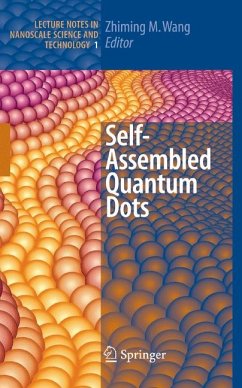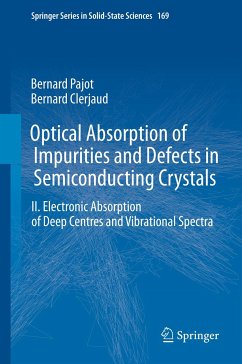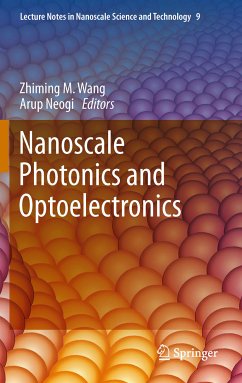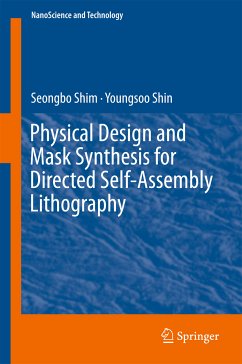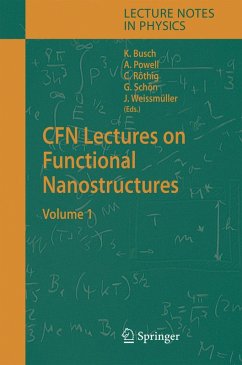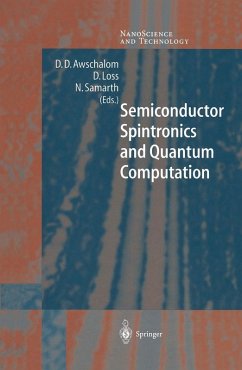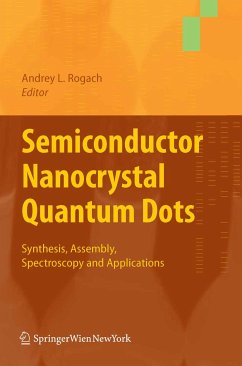
Semiconductor Nanocrystal Quantum Dots (eBook, PDF)
Synthesis, Assembly, Spectroscopy and Applications
Redaktion: Rogach, Andrey
Versandkostenfrei!
Sofort per Download lieferbar
112,95 €
inkl. MwSt.
Weitere Ausgaben:

PAYBACK Punkte
56 °P sammeln!
This is the first book to specifically focus on semiconductor nanocrystals, and address their synthesis and assembly, optical properties and spectroscopy, and potential areas of nanocrystal-based devices. The enormous potential of nanoscience to impact on industrial output is now clear. Over the next two decades, much of the science will transfer into new products and processes. One emerging area where this challenge will be very successfully met is the field of semiconductor nanocrystals. Also known as colloidal quantum dots, their unique properties have attracted much attention in the last t...
This is the first book to specifically focus on semiconductor nanocrystals, and address their synthesis and assembly, optical properties and spectroscopy, and potential areas of nanocrystal-based devices. The enormous potential of nanoscience to impact on industrial output is now clear. Over the next two decades, much of the science will transfer into new products and processes. One emerging area where this challenge will be very successfully met is the field of semiconductor nanocrystals. Also known as colloidal quantum dots, their unique properties have attracted much attention in the last twenty years.
Dieser Download kann aus rechtlichen Gründen nur mit Rechnungsadresse in A, B, BG, CY, CZ, D, DK, EW, E, FIN, F, GR, HR, H, IRL, I, LT, L, LR, M, NL, PL, P, R, S, SLO, SK ausgeliefert werden.




